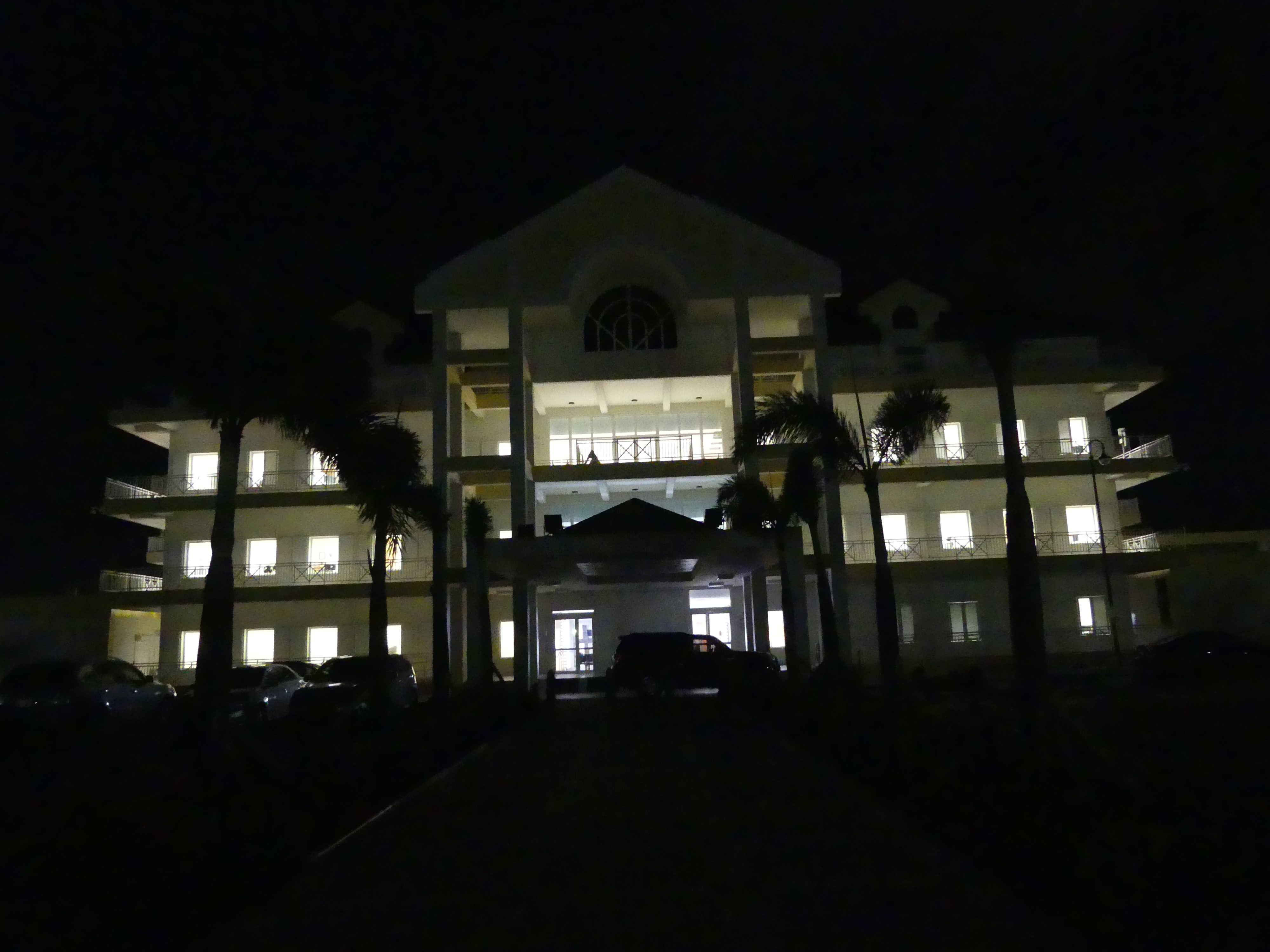St. Maarten still a billion short after Dutch recovery-aid

Philipsburg – The total cost for the execution of the National Recovery and Resilience Plan (NRRP) have been estimated at €1.9 billion ($2.15 billion). The €550 million ($622 million) the Netherlands made available for post-Irma reconstruction and the expected pay out from insurance companies will leave St. Maarten still €1 billion ($1.13 billion) short, the Dutch General Audit Chamber writes in a report about the Dutch contribution to the island’s reconstruction.
According to the NRRP insurance companies will pay between $320 and $430 million in compensation. This report mentions as potential financiers for the $1.13 billion shortfall St. Maarten’s national budget, the private sector, private savings and additional assistance from the international community.
The Audit Chamber report points out that this requires setting priorities for the spending of the World Bank trust fund money: “Only a part of the necessary reconstruction projects can be financed from the funds made available by the Netherlands.”
This scenario spells trouble for St. Maarten further down the road because it is already unable to handle the execution of reconstruction projects financed through the trust fund.
“The government is already under big pressure to execute its regular tasks,” the Audit Chamber notes in its report. “Besides, $622 million is a large amount for this small country; it represents 65 percent of its gross domestic product. For the Dutch government a project of $542 billion would be of a comparable size. The government of St. Maarten is not used to spend such an amount in a relatively short time.”
The need for additional capacity and expertise is one of the major reasons for St. Maarten to establish a National Reconstruction Program Bureau (NRPB). This organization must have the expertise to follow World Bank procedures and to implement projects in a proper manner, the Audit Chamber report states.
“This way the government of St. Maarten thinks it will be able to meet the World Bank’s current quality guidelines. It will also partially relieve departments of their reconstruction-tasks.”
Unfortunately the establishment of the NRPB takes longer than expected, the Audit Chamber notes. Its intended tasks have been taken over by an Interim Recovery Committee (IRC), but this committee is also struggling.
IRC-staff members report a heavy workload. “There are eight people working for the IRC instead of the twenty that will in the end work for the NRPB. These eight civil servants execute tasks for the IRC next to their regular work for the government. There is a lack of experienced project managers, engineers and tender specialists.”
The Audit Chamber found that recruiting badly needed experts is complicated. “There are few reactions to vacancy ads. Hiring external consultants is an alternative but that option is expensive.”
The Netherlands could also provide technical assistance, financed from the part of the $622 million that is not deposited in the trust fund. This option remains open as long as there is budget for it; but there are also conditions, the Audit Chamber points out.
The assistance must be directly related to the consequences of Hurricane Irma and it has to be necessary for the reconstruction of St. Maarten. It has to be a temporary activity that cannot be executed by another party. This means that the market, St. Maarten and the World Bank must be unable to execute the task.
To make matters even more complicated: “The Netherlands provides assistance when the World Bank cannot execute tasks, but also when the World Bank does not want to do it or when the Netherlands does not want the World Bank to do this.”
Interestingly, there are no concrete agreements about this matter. Decisions are taken case by case based on “pragmatic arguments.”
The government of St. Maarten has submitted 29 requests for technical assistance to State Secretary Knops. So far, eleven requests have been granted. Some of the denied requests were, according to Knops, not related to reconstruction efforts. Other requests are still pending and could possibly be honored through the World Bank or other organizations.


























